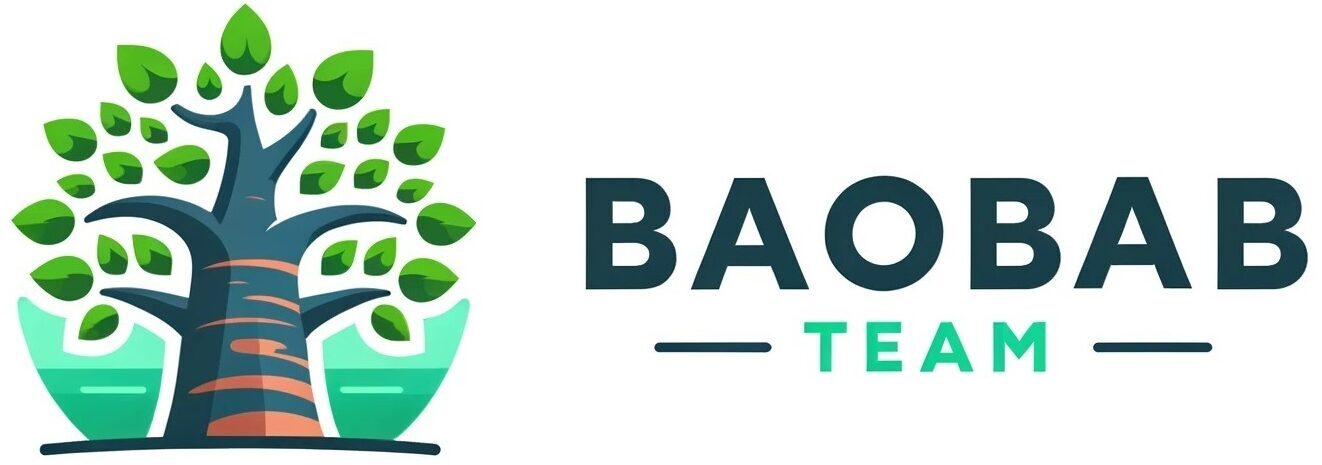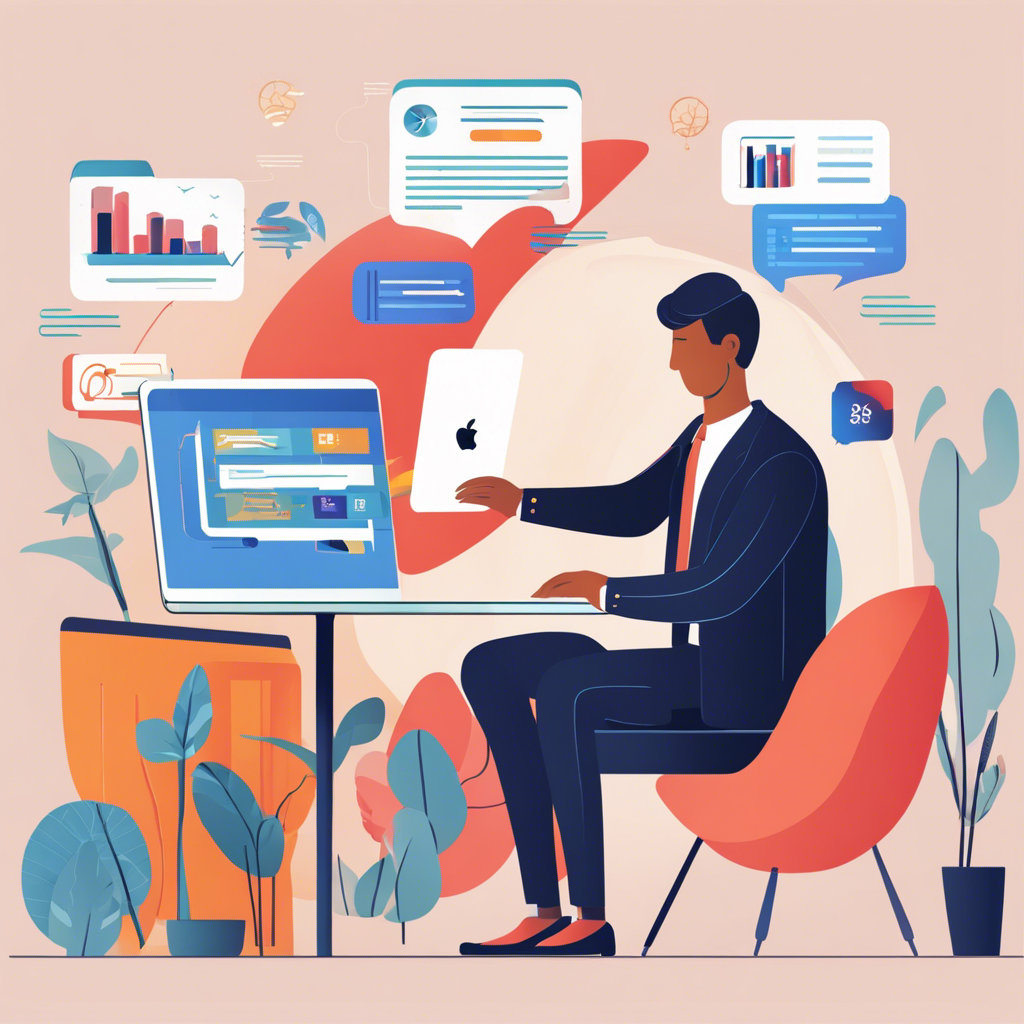B2B Marketing in the Modern Era: Tailored Strategies and Approaches
Hey there, welcome! We’re diving into a topic that’s both fascinating and dynamic today – B2B marketing. Now, we all know that the business-to-business world is not what it used to be. Technology is advancing at the speed of light and buyer expectations are riding right alongside. These shifts are significantly redrawing the B2B marketing landscape, making it challenging, but equally exciting.
In this blog, we will explore a range of tailored strategies and approaches hoping to help you navigate this new terrain with ease. So, whether you’re already knee-deep in the B2B trenches or just making your first steps, stick around. We’re about to make your path to success a whole lot smoother.
Understanding the Modern B2B Customer
Living in the hyper-digital age, the modern B2B customer is a force to reckon with. These customers are more informed than their predecessors, armed with vast amounts of information available just a few clicks away. The Internet has turned them into sophisticated tech-whizzes who no longer wait for sellers to approach them, but actively seek out products and solutions that fit their needs. They delve into online research, checking out product reviews, pricing comparisons, and customer testimonials. According to McKinsey, the pandemic has accelerated the shift towards a more digitized B2B buyer, with online interactions being two to three times more important to customers than traditional ones.
Another characteristic of the modern B2B customer is their increased demand for personalized attention. The ‘one-size-fits-all’ approach to sales is no longer effective. Evidence has shown that customers respond positively to personalized messages tailored to their unique needs and preferences. In fact, Forbes discusses how personalization can help create a stronger relationship between a company and its customers, potentially increasing sales and customer satisfaction.
This evolved customer is vocal about their needs and desires and expects real-time responses from their suppliers. Studies have shown that a quick response time can make or break a business deal. This demand for immediacy has been driven by advancements in technology, which has set a precedent for instant communication. A timely response is no longer just an added bonus – it’s a necessity in today’s fast-paced business world.
To engage with this type of customer successfully, businesses need to understand their changing behaviors and adjust their strategies accordingly. Businesses must keep pace with the technological advancements to meet the customer’s preferences head-on.

Embracing Technology in B2B Marketing
In today’s fast-paced digital world, it’s more crucial than ever for B2B marketers to leverage the power of technology. This includes not only getting to grips with cutting-edge platforms and tools but also understanding how these resources can be usefully applied to engage with your audience effectively. An effective ABC strategy – that’s Automation, Big data, and Cloud computing – can help to streamline operations, glean insightful customer analytics, and foster improved communication channels across different territories.
For instance, Big Data has emerged as a key player in the B2B marketing landscape. By collecting and analyzing vast amounts of data points, businesses can gain a better understanding of their target audience and make more informed decisions. It helps in predicting customer behavior, personalizing marketing efforts, and improving customer service. IBM provides some additional resources on the subject.
Transitioning to cloud-based systems is another pivotal step for B2B marketers looking to stay ahead of the curve. By migrating their systems to the cloud, businesses can achieve higher flexibility, scalability, and cost-effectiveness. Not to mention, the cloud also enables improved collaboration, particularly in a remote-working set-up. For more on this, Microsoft’s insight on cloud computing provides valuable information.
In essence, adapting and embracing new digital technologies is not optional but necessary in today’s B2B marketing scene. The effective application of these tools and platforms can lead to greater audience reach and help forge stronger relationships with potential customers.
Tailoring the Marketing Mix to B2B
The 4Ps of marketing – Product, Price, Place, and Promotion – is a well-established concept that continues to serve as the foundation for any successful marketing strategy. However, when it comes to B2B marketing, it’s not a one-size-fits-all scenario. The segment focuses on how these 4Ps must be customized and personalized to effectively engage a B2B audience.
An in-depth look is given on products in the B2B industry, with a discussion on how they often need to be complex and multifaceted, offering extensive customizations to meet the specific needs of other businesses. Price, too, requires a more in-depth analysis, considering factors like cost-effectiveness, return on investment and long term value rather than just the face value of the product or service.
The ‘Place’ in a B2B context can refer to online platforms, trade shows or direct sales involving personal relationships. It’s not just about delivering a product, but about establishing a strong business relationship with partners. Lastly, the ‘Promotion’ element in B2B marketing takes a unique turn, often focusing on educating customers about the value and potential benefits of a product or service, rather than enticing with flashy ads.
Thus, B2B marketing demands a unique application of the 4P’s, with strategies that go beyond the traditional perspectives. By fine-tuning these elements to suit a B2B context, businesses can build stronger, more fruitful relationships with their partners and clients.
Conclusion: Staying Ahead in B2B Marketing
The modern era of business-to-business (B2B) marketing revolves largely around adaptation and evolution. The landscape is an ever-changing one, and businesses have no choice but to follow suit to stay competitive. The customers today are tech-savvy, highly informed, and have diverse needs. Hence, understanding the modern customer is critical for achieving business success. Insights and data on current customer behaviors, preferences, and trends allow businesses to anticipate needs and devise strategies that speak directly to the customer.
Embracing technology cannot be overlooked in this digital age. The gradual shift from traditional practices to digital ones has accelerated, and businesses must remain abreast or risk lagging behind. Technology, if employed correctly, can be a game-changer. Tools such as CRM and SaaS, as well as analytics, have made it possible for businesses to connect with customers in ways previously unimaginable. As a result, businesses can offer personalized experiences, anticipate needs, and create longstanding relationships.
The third vital component is tailoring strategies. A ‘one-size-fits-all’ approach seldom works in the modern B2B marketing milieu. Each customer is unique and what appeals to one might not to another. Thus, it’s vital to tailor strategies to match the particular needs and preferences of each target group. Tailoring strategies also signify a company’s commitment to addressing individual needs, thereby fostering customer loyalty and satisfaction.
Staying ahead in the modern era of B2B marketing is no small feat. It requires businesses to understand the evolving modern customer, embrace the wave of new technologies, and strategize dynamically. The businesses that manage to effectively balance these aspects set themselves on a path of growth, resilience, and long-lasting success.
More about marketing:
Marketing Strategy: Capitalizing on Growth Opportunities, click here
Understanding Clients Habits via Surveys click here
B2B Marketing Strategies: Propelling Your Business, click here
Adding Keywords to Your Website click here


